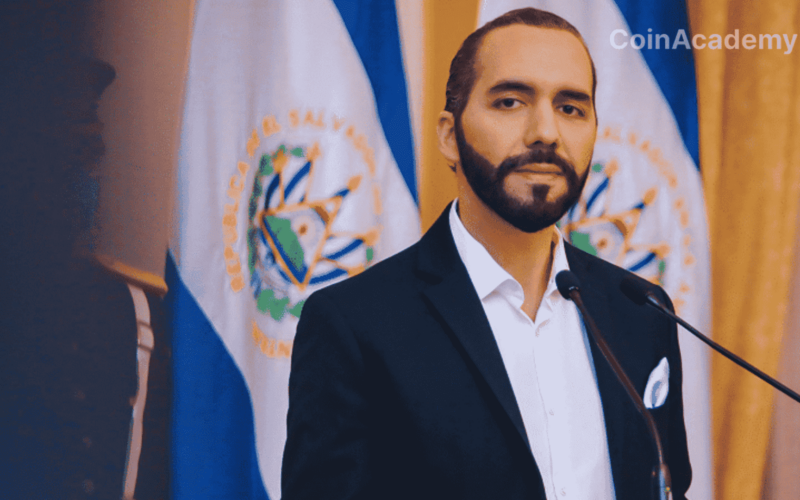El Salvador, the first country to adopt Bitcoin as legal tender, has announced a bold tax reform. Under the existing legislation, there was a 30% income tax on foreign investments and remittances. Today, this tax is being completely abolished, an unprecedented move aimed at stimulating the national economy by attracting international capital.
Optimistic reception of the reform
President Nayib Bukele, through a message on the social platform X, shares the enthusiasm for this reform, highlighting the total abolition of income tax for international investments and money transfers.
This decision, approved by the Legislative Assembly of El Salvador with 69 out of 84 votes, frees family remittances and all foreign capital from the previously prevailing tax constraints, regardless of the amount involved.
Economic impact and context
Since Bukele’s election in 2019, El Salvador has undergone radical transformations, including adopting Bitcoin as legal tender in 2021 and purchasing 200 BTC for its national reserves. These initiatives, combined with the recent tax reform and the abolition of taxes related to technological innovation in April 2023, have contributed to stable economic growth. The country’s GDP has increased from $24.9 billion in 2019 to $32.4 billion in 2022, with an estimated growth of 2.8% for 2023.
With the Bitcoin purchase in 2021 generating a profit of $85 million due to the increase in BTC value, El Salvador continues to demonstrate its commitment to financial and technological innovations.
The reelection of Bukele with over 85% of the votes is a testament to the popular approval of his economic vision. These radical tax reforms place El Salvador at the forefront of investment-friendly destinations and economic modernization.




